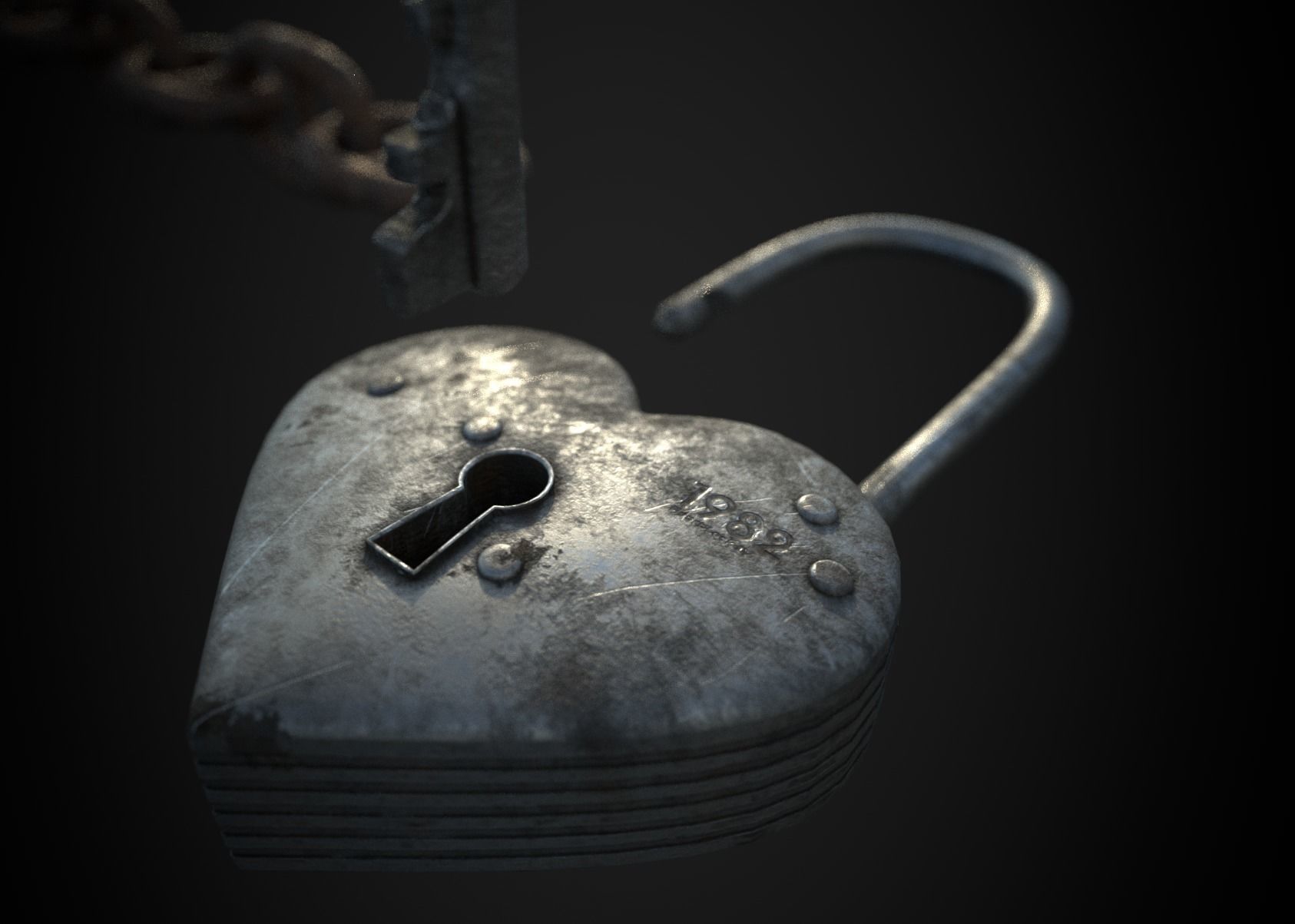Tefillah Tuesday: Temporary Tattoo

Judaism excels at weaving poetry from concrete deeds and at concretizing abstract poetry in specific acts. Some other time I will discuss the first clause in that sentence, how we imbue practical behaviors with poetic resonance. Today, I will focus on the second clause: Our Sages were rarely satisfied to treat a Bible passage as… Read more »







